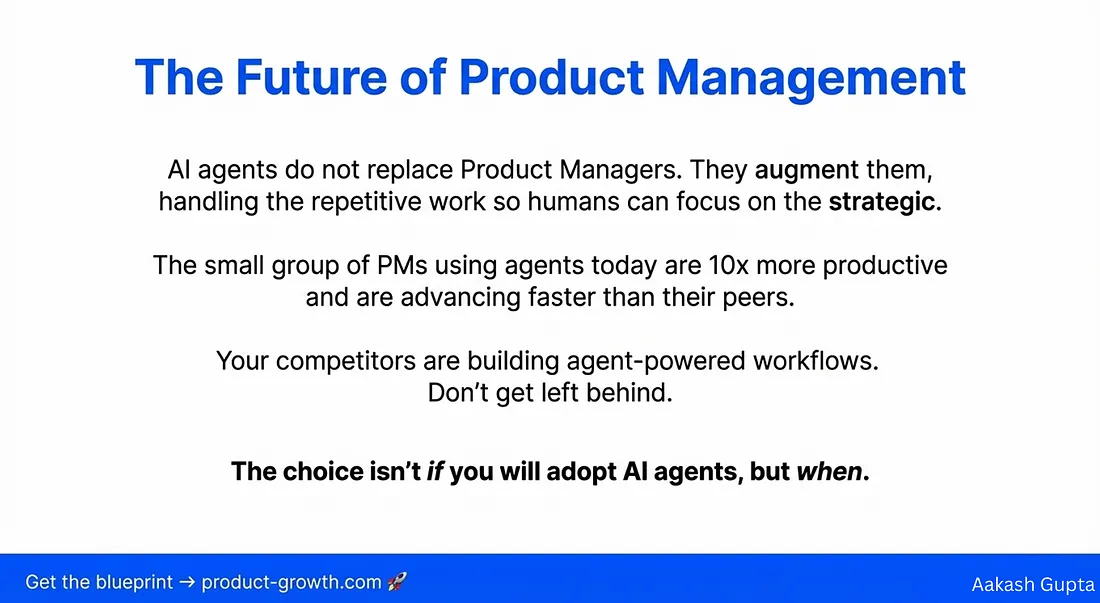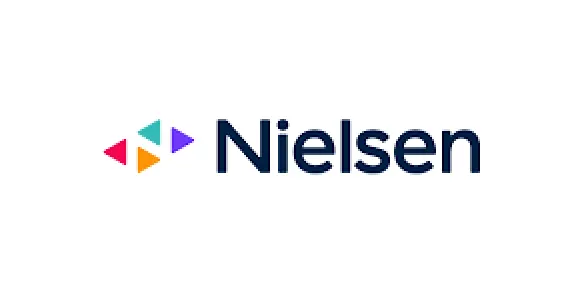
Startup Vs Big Corporate: Which one is best for you?
After working at a startup and two major corporations, here are my insights on the best choice.
Choosing between a startup and a big tech company can be pivotal in shaping your career path.
Each offers distinct environments, cultures, benefits, and challenges.
But which one is better?
The answer is a little complicated.
Startups and Big tech both have their pros and Cons. And both are suitable for a particular persona.
Choosing between Startup and Bigtech depends on your preference, experience, and interest.
So, if you are a student about to join the workforce and need clarification on selecting between the two or a professional looking to switch between the two, this article will guide you to make the best decision.
Here, we’ll explore the nuances of working in both settings to help you determine which aligns best with your personal and professional goals.
This article will be looked into from the perspective of a product manager and someone from a tech background. But this applies to any role in a tech company.
I am creating a list of TOP 50 Companies that you can Apply to for PM role. List of company based on Market cap, type and Industry. Comment “Company List” along with your email to get access to the same.
The Startup Setup
A startup is a young company founded by one or more entrepreneurs to develop a unique product or service and bring it to market.
By its nature, a startup tends to be a shoestring operation, with initial funding from the founders or their friends and families.
Later once the founders can finally find their market and initial liftoff of product. They raise funding from venture capitalists and Angels.
Most startups work on a growth model where they focus on market and user expansion and not revenue.
They are bullish on the idea and use the venture money to expand the business. Startups turn to big tech mostly once they can generate more than $1 Billion in revenue and go public.
The definition isn’t precise, but it’s roughly in the same area.

Pros:
- Ship Fast Culture: Startups are all about rapid execution. You might have heard the phrase build fast ship fast. The pace at which products move from conception to deployment can be exhilarating.
This environment is ideal for those who thrive under pressure and are eager to see the results of their work immediately. - Little Bureaucracy: With fewer layers of management, startups often offer a streamlined decision-making process, which can lead to a greater sense of ownership and less frustration.
No hierarchy, no list of approvals. You get to take a lot of ownership. - Amazing Learning: If you’re keen on acquiring a set of skills, startups are a goldmine.
The need to wear multiple hats and handle various aspects of the products provides a steep learning curve. Like for example, a PM in a startup works as a UX researcher, Project Manager, POC, etc. Many times the work he does is out of the scope of the job profile. But this provides him with immense experience. - ESOPs Can Be Great: Employee Stock Ownership Plans (ESOPs) offer a piece of the financial pie, potentially leading to significant monetary gains if the startup succeeds spectacularly.
Take for example Zomato or Paytm which made many of its employees millionaires. Also, many times companies while raising money go for Buyback. This is where you don’t need to wait for the company to go public but the company buys your share at the current valuation. - Faster Growth Opportunities: Rapid scaling and less defined roles mean you can quickly ascend through the ranks if you prove your mettle.
In startups, you will see 28–29-year-olds become directors of products. This also comes with responsibility, but you do grow faster.
Cons:
- No Organizational Structure: The lack of structure can be a double-edged sword. For some, this means flexibility, but for others, it can result in chaos and unclear responsibilities.
If you hate it when people don’t follow procedures and proper steps then you are going to hate startups. - Financial Risk: Startups are a gamble. Many do not succeed, which could lead to job insecurity and financial instability. The fast growth sometimes does come with high risk. And this risk is 90% of the time. Since 90% of the startups fail.
- Stress: High expectations and the constant pressure to perform can lead to burnout. The blurred lines between work and personal life are also a common issue.
You will not have a proper distinction between work and life. No proper breaks which might wear you out.

The Corporate Setup
A corporate or BigTech company refers to a large, established firm that operates on a significant scale in the technology sector.
These companies are recognized for their substantial market influence, extensive product portfolios, and substantial global presence
Some of the good examples of big tech would be Google, Meta, etc.
Pros:
- Specialization: Big tech companies often offer roles that allow deeper specialization in specific technological areas or business functions. This can be ideal for those who wish to become experts in a particular niche.
You are more likely to see a role in Generative AI PM in a corporation as compared to a startup. - Mentorship: Big tech companies are usually staffed by leading experts in their fields who can be best placed to mentor and help you grow. They will not only groom you but also guide you in your career.
- Financial Stability: Large tech companies often offer better job security and more predictable financial prospects compared to startups. Though the increments are lesser as compared to startups. But they provide more security as compared to startups.
- Perks: From health insurance to gym memberships, BigTech companies provide a range of benefits that are hard to match. If you are still not sure just go and check Google Office perks video and their onboarding kit video.
These perks are something that only a big tech company can provide. - Brand Value: Having a BigTech company on your resume can boost your career due to the brand recognition. I have always voiced my opinion on the brand value of a candidate. When someone hiring looks at your resume and sees Google, Amazon, and Microsoft. You become their highest-ranked candidate.
- Large Network: Working for major tech companies allows you to build a vast professional network, beneficial for future career moves. These people are the ones who will help you in securing a job in the future.

Cons:
- Very Little Learning: The specific roles can mean limited exposure to the broader business processes, restricting learning opportunities. There are usually many people in the company so the work is mostly distributed.
- Slow Growth: Climbing the corporate ladder can be a slow and competitive process. You will find yourself stuck in one position for a long time with very little growth as compared to your peers in startups.
- Bureaucracy: Larger companies have complex hierarchies and processes that slow down decision-making and innovation. For a small change, you need to wait for hundreds of approvals.
- Lack of Purpose and Voice: In a large company, it might be harder to see the impact of your work or feel that your voice matters in the grand scheme of things.
What Is Best for You?
Your choice between a startup and a BigTech company should align with your career objectives, risk tolerance, and work preferences.
If you’re driven by fast-paced environments, potential high rewards, and extensive learning opportunities, a startup could be more suitable.
However, if you prefer stability, specialization, and slower but steady career growth, a corporate environment might be more beneficial.
But for all the students who are just out of college. Startups are the best choice for you. Without thinking take a startup role and learn the art for the first few years.
And once you think you now know enough, make the switch to big tech.
Final Thoughts
Whether choosing to work at a startup or a BigTech company, it’s essential to consider not only your career goals but also your personal life and values.
Each environment offers unique opportunities and challenges, so consider where you will thrive the most.
Remember, the right choice is individual and should align with where you see yourself not just professionally, but personally as well.









Comments ...
No Comments Yet ...Add One